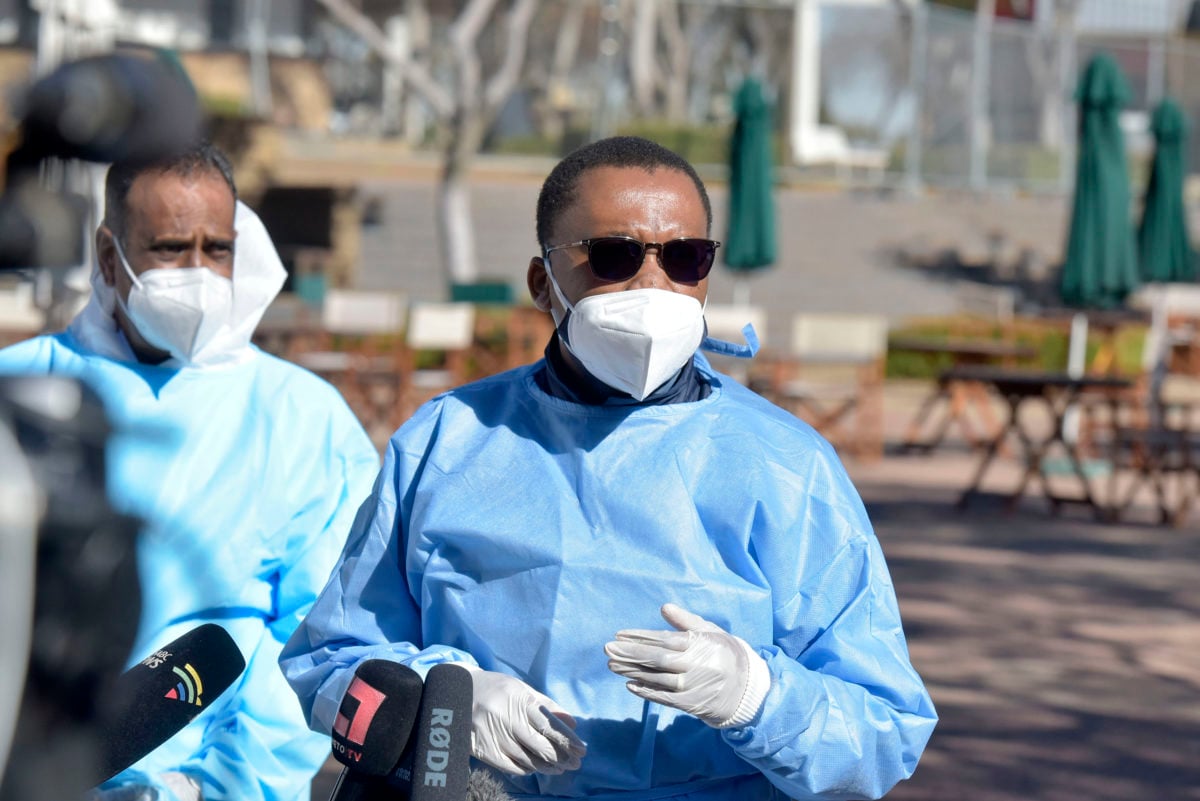The province has also recorded the most number of deaths on Friday.

Former Gauteng MEC for Health, Bandile Masuku. Picture: Neil McCartney
As of today, a cumulative total of 421,996 confirmed Covid-19 cases in South Africa have been recorded, Health Minister Zweli Mkhize has announced.
250 new Covid-19 related deaths have also been recorded – 13 from Eastern Cape, 139 from Gauteng, 50 from KwaZulu Natal, 47 from Western Cape and one from the Free State. This brings the cumulative number of deaths to 6,343.
“We convey our condolences to the loved ones of the departed and thank the health care workers who treated the deceased. The number of recoveries currently stands at 245,771 which translates to a recovery rate of 58% ,” said Mkhize.
Gauteng accounts for 36% of Covid-19 cases and 42% of active cases in the country, Health MEC Bandile Masuku said on Friday.
“Gauteng is an epicentre and we are in the middle of a storm,” Masuku explained.
This comes as the province has so far recorded 153,020 cases and 1, 326 deaths.
Johannesburg remains the hotspot in the province, with more than 63,760 cases, of which three sub-districts in the city have each recorded over 10,000 cases each.
City of Johannesburg D which consists of Doornkop, Soweto, Dobsonville and Protea Glen still leads with more than 14,587 cases, followed by City of Johannesburg F with more than 11,371 cases in the Inner City and Johannesburg South.
City of Johannesburg E has recorded just over 10,554 cases which consists of Alexandra, Wynberg, Sandton, Orange Grove and Houghton.
In addition, a sub-district within the City of Tshwane is nearing 10,000 cases.
City of Tshwane 3 has recorded just 8 773 cases – this sub-district consists of Atteridgeville, Laudium, Pretoria CBD, Hercules, Danville, Saulsville, Lotus and Pretoria West.
Remaining district breakdown:
Ekurhuleni: 33 243
Tshwane: 27 905
Sedibeng: 9 080
West Rand: 9 820
Unallocated: 5 046
The Gauteng government appealed to the province’s residents to adhere to non-pharmaceutical interventions in order to curb the spread of the virus.
“The virus is spread mainly from person to person and therefore a change in our behaviour remains an important weapon to contain the spread,” Masuku said.

Source: Health department

Source: Health department
For more news your way, download The Citizen’s app for iOS and Android.
Download our app




